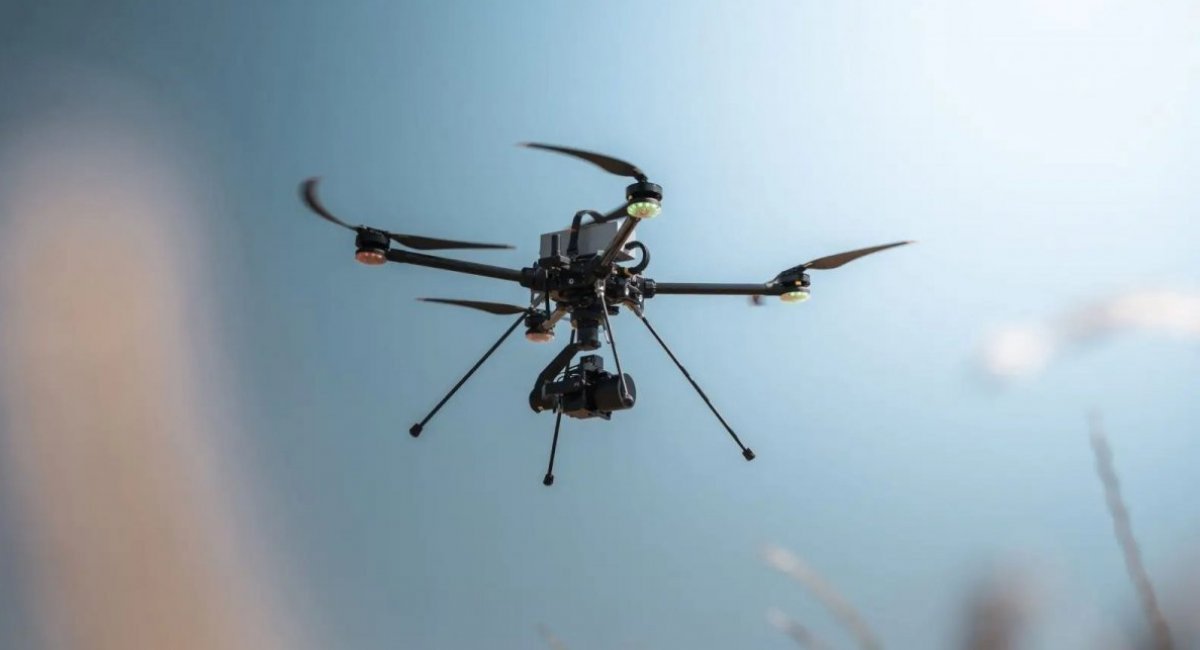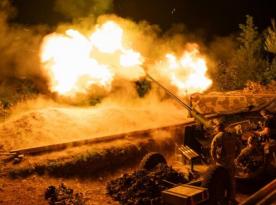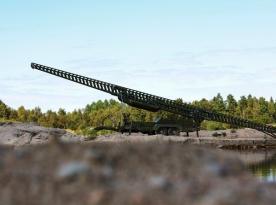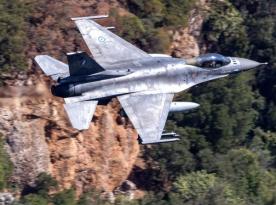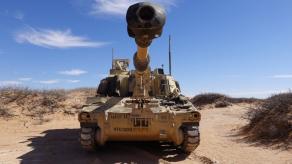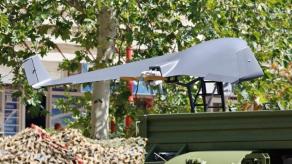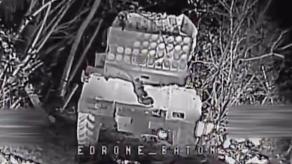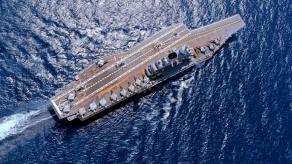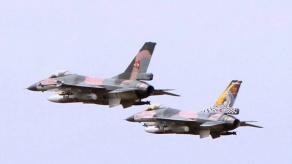The French automaker Renault is preparing to begin manufacturing drones for Ukraine. However, part of its workforce opposes the initiative, claiming they "did not sign up to make weapons," and there may be a russian trace behind this stance.
The issue was reported by bfmtv, citing one of the company's managers and trade union representatives. The General Confederation of Labour (Confédération Générale du Travail or CGT) has stated that workers are asking whether they can refuse to take on such an assignment.
Read more: French Navy Adopts russian Tactics for Naval Defense Using FPV Drones
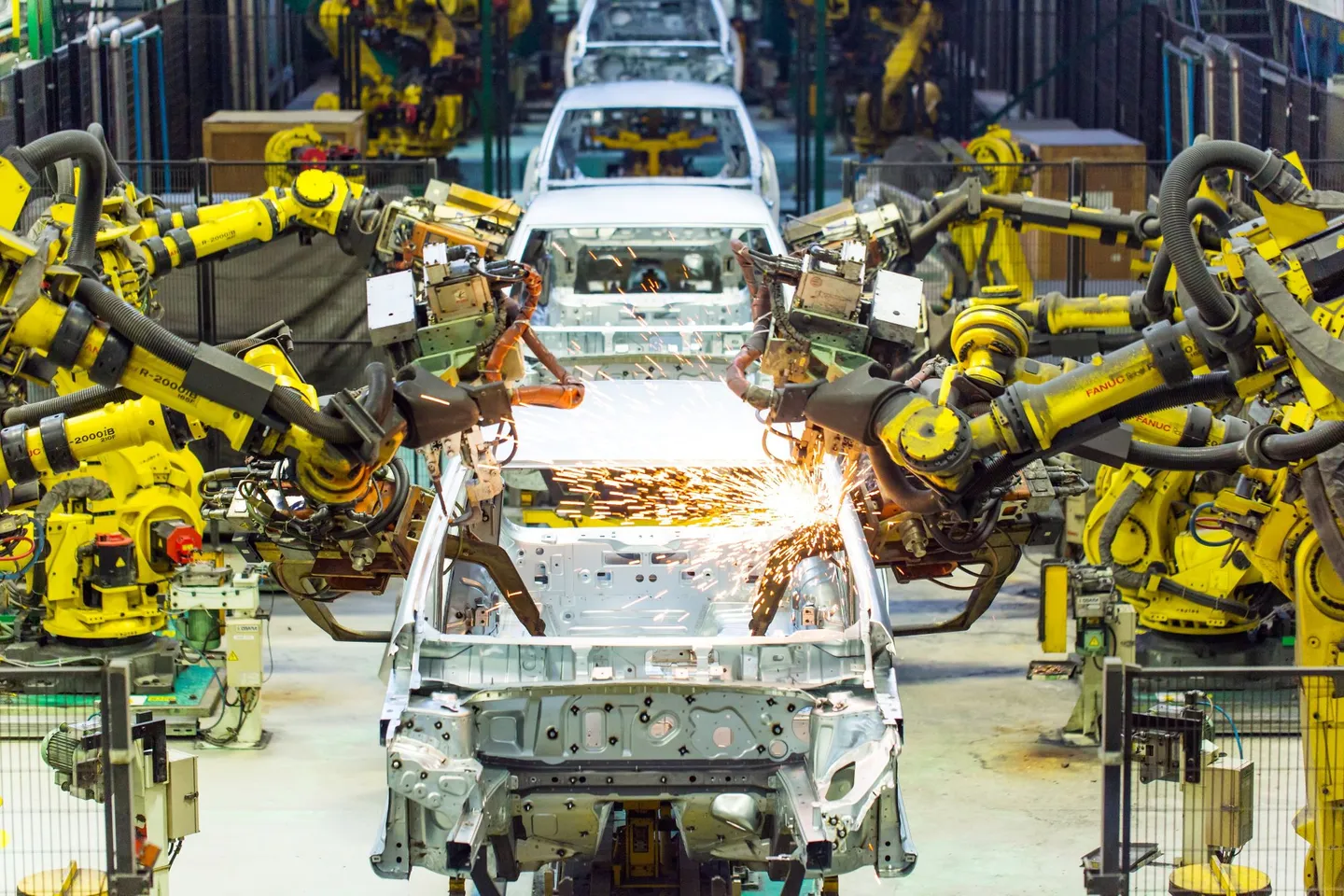
Another complicating factor is Renault's reliance on foreign labor, which has led to situations where Ukrainians and russians work side by side. As a result, there are concerns that fulfilling a defense order for Ukraine could create unwanted tensions among employees.
Although the company has produced military equipment in the past, trade unions emphasize that this happened only when France itself was at war. This argument is not entirely accurate, since before the sale of ARQUUS, Renault Trucks Defense supplied chassis for the Caesar self-propelled howitzer. Still, the situation is not entirely bleak, as a partial solution may already be emerging.
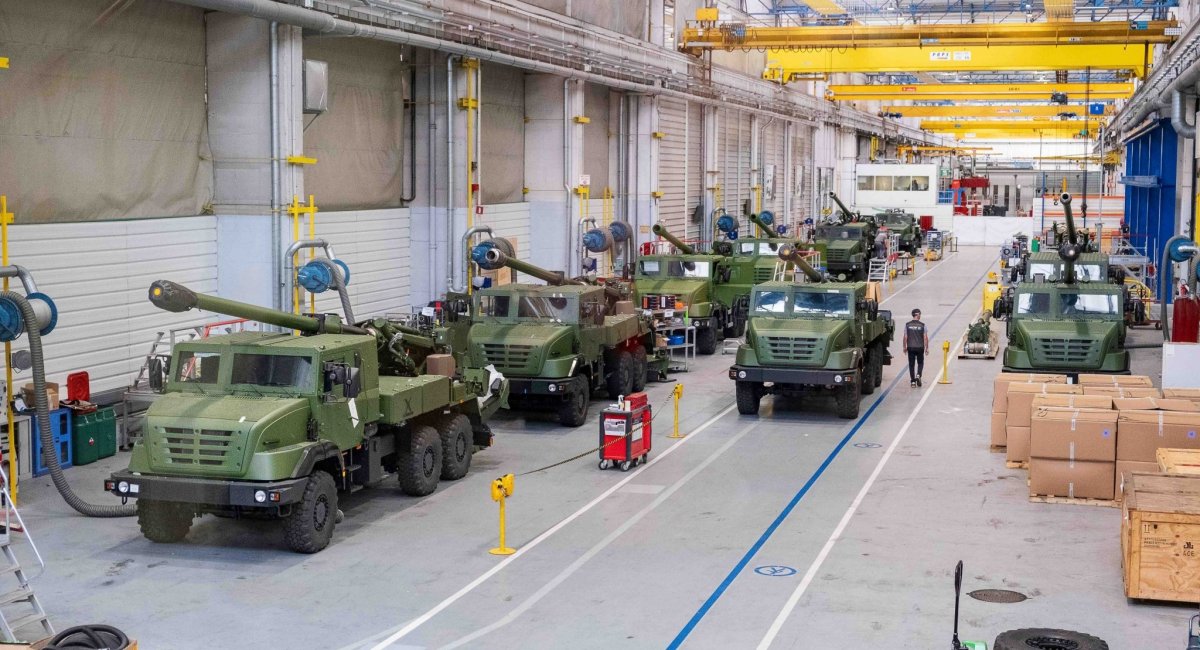
One proposal is to launch drone production at Renault's plant in Slovenia, thus avoiding the involvement of French personnel. While the idea is interesting, it is unlikely that discontented workers will simply let the matter drop.
The CGT, mentioned earlier, maintains close ties with major pro-russian left-wing parties in France. In particular, this includes La France Insoumise (LFI), known through its founder and presidential candidate Jean-Luc Mélenchon.
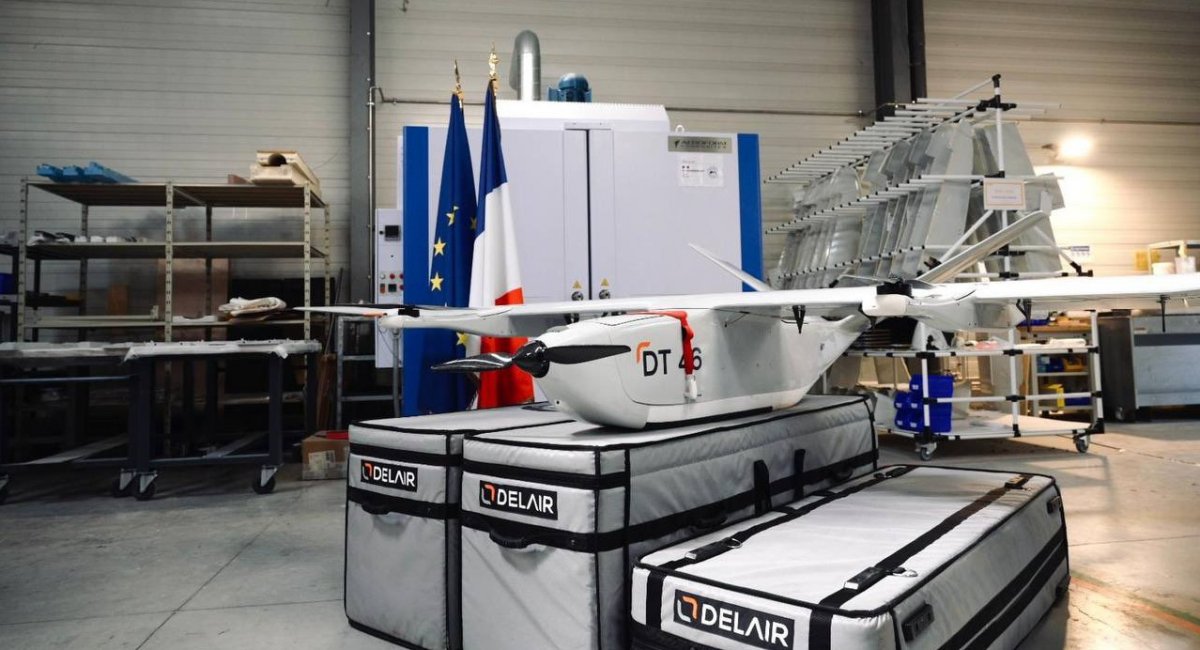
This is not just a political dispute over differing views but a deliberate campaign unfolding under russian influence. Moreover, it is not the first time French trade unions have acted this way: back in 1939, they actively sabotaged defense production during the Soviet–Nazi cooperation period.
Overall, despite Renault's vague responses, the company is likely to move forward with defense production, as the French state is its largest shareholder. However, the situation highlights the dangerous factor of russian interference in French politics.
Read more: Why Ukraine Needs the French Celeris Armored Vehicle Chassis and What Could Be Built on It




